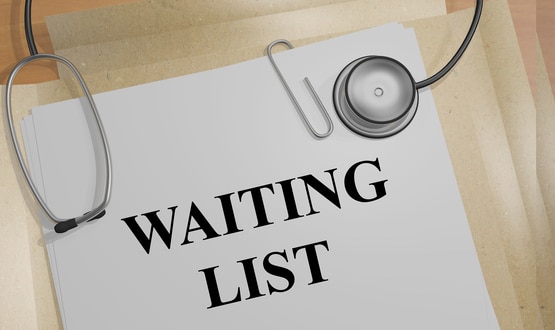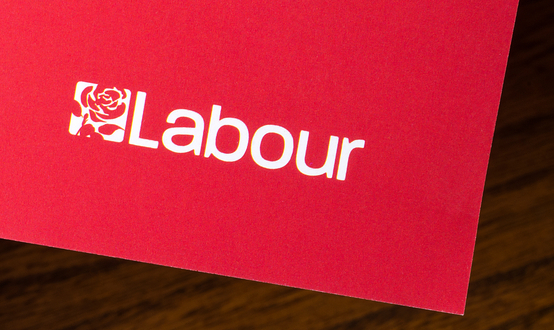NHS programme uses tech to identify high-risk patients on waiting lists
- 21 March 2023

A new regional NHS programme is using technology to begin identifying high-risk patients on waiting lists to help reduce their risk of deterioration.
Led by NHS Cheshire and Merseyside integrated care board (ICB), with the support of technology partner C2-Ai and health coaching provider Surgery Hero, the NHS ‘Waiting Well’ initiative is helping to locate and provide urgently needed support for some of the most vulnerable patients awaiting surgery.
It uses technology to identify high-risk patients who are then targeted with tailored coaching to help achieve the best possible outcome. Surgeons say the programme now has national relevance and has already shown improved outcomes, reduced complications and shorter stays for participating patients.
Wilf Dutton, a 65-year-old patient with fatty liver disease, was identified for the programme after waiting nearly three years for his gallbladder operation due to the pandemic and his family circumstances.
Targeted prehabilitation coaching led to a successful operation, with rapid discharge and recovery. He was contacted by St Helens and Knowsley Teaching Hospitals NHS Trust, a partner within the programme, five weeks before his surgery with an invitation to take part in Waiting Well.
He said: “My speedy recovery was definitely due to the health coaching I received,” he said. “My coach explained my operation to me and gave me a dietary programme. I did the exercises, the breathing to help with my emphysema, everything I needed to do.
“I was really worried about the operation itself and I was worried about going into hospital where I might catch Covid. I felt really reassured by the coaching, which helped with my wellbeing, and got me in the best state possible for my operation.”
System identifies patients for coaching
More patients like Wilf are now being identified by healthcare professionals, and selected for targeted health coaching, through a smart triage system enabled by C2-Ai. The system alerts staff based on thresholds set by NHS clinicians.
Professor Rowan Pritchard-Jones, executive medical director for NHS Cheshire and Merseyside, said: “We are finding these patients, not by clinicians spending hours going through notes to identify the risks, but because we have such a rich data set and risk stratification tools.
He added that this “allows us to alert inpatient teams, pre-op specialists and other healthcare professionals, so that we can signpost patients most in need of support” and “is an entire wrap around for the peri-surgical journey”.
Waiting lists have been a key issue within the NHS since the pandemic, with several trusts in the last year implementing technology to try and tackle backlog.
Last September, a pilot project using AI-powered chatbots was rolled out to patients on waiting lists in Morecambe Bay and Preston within Lancashire and South Cumbria NHS trusts.




